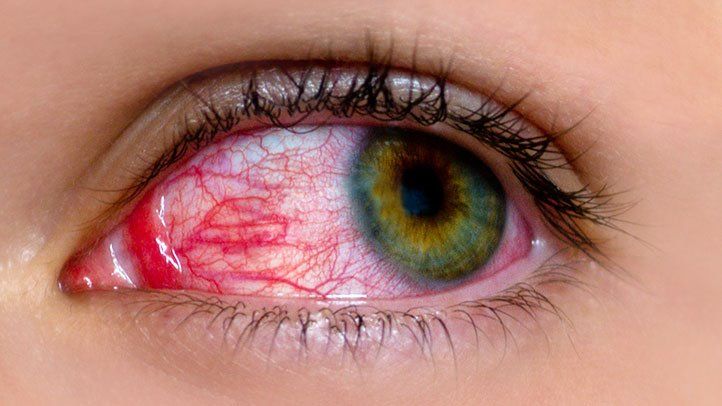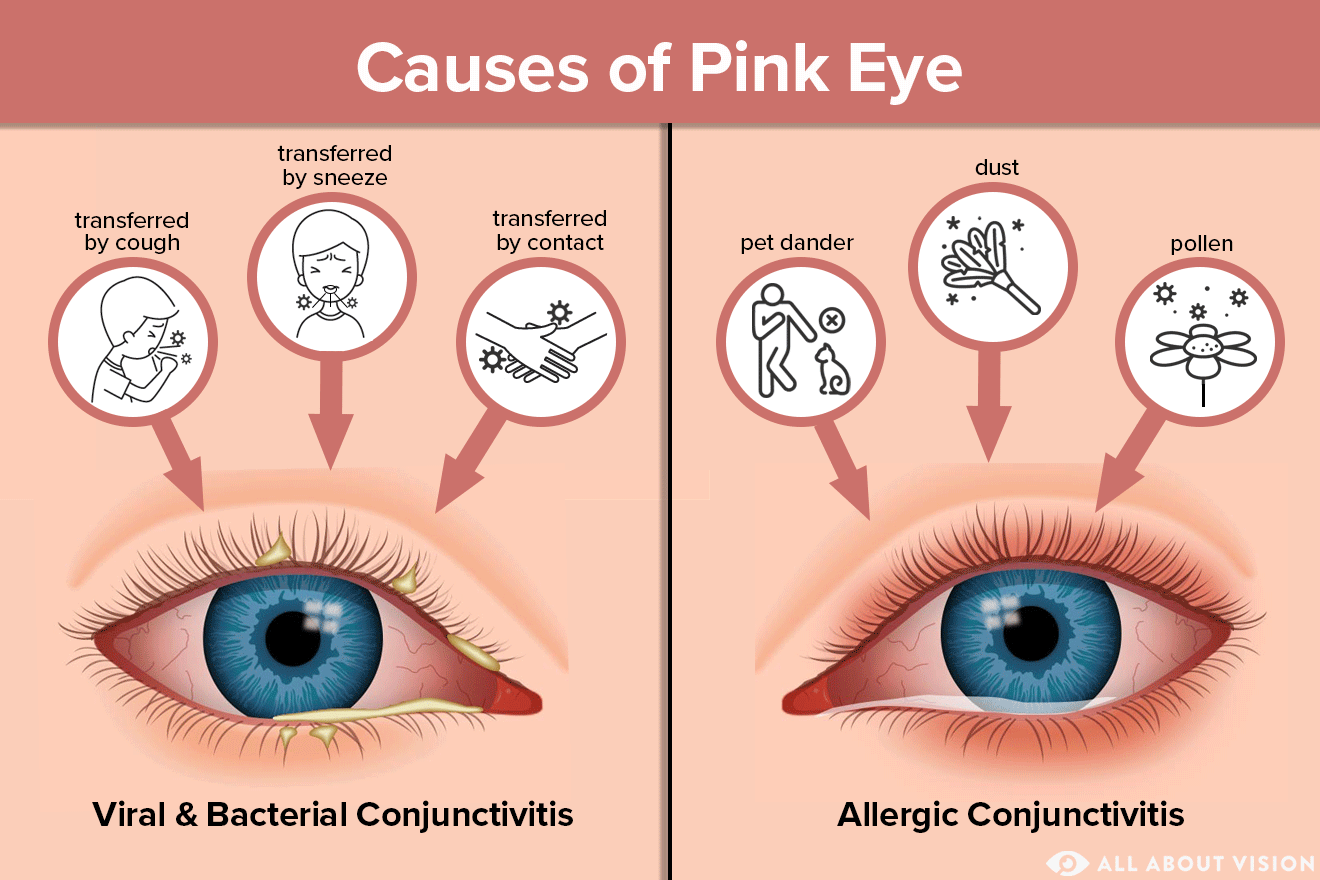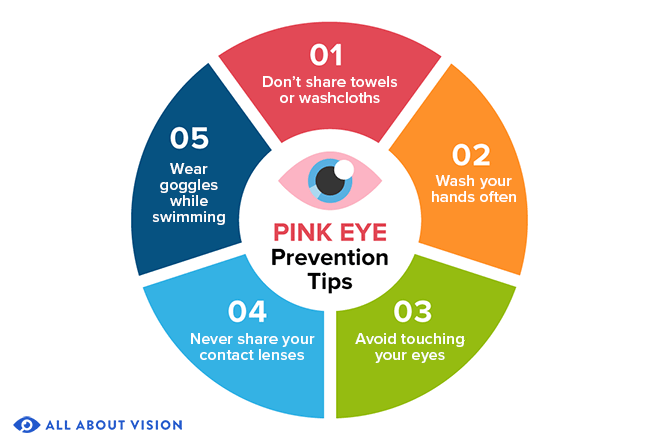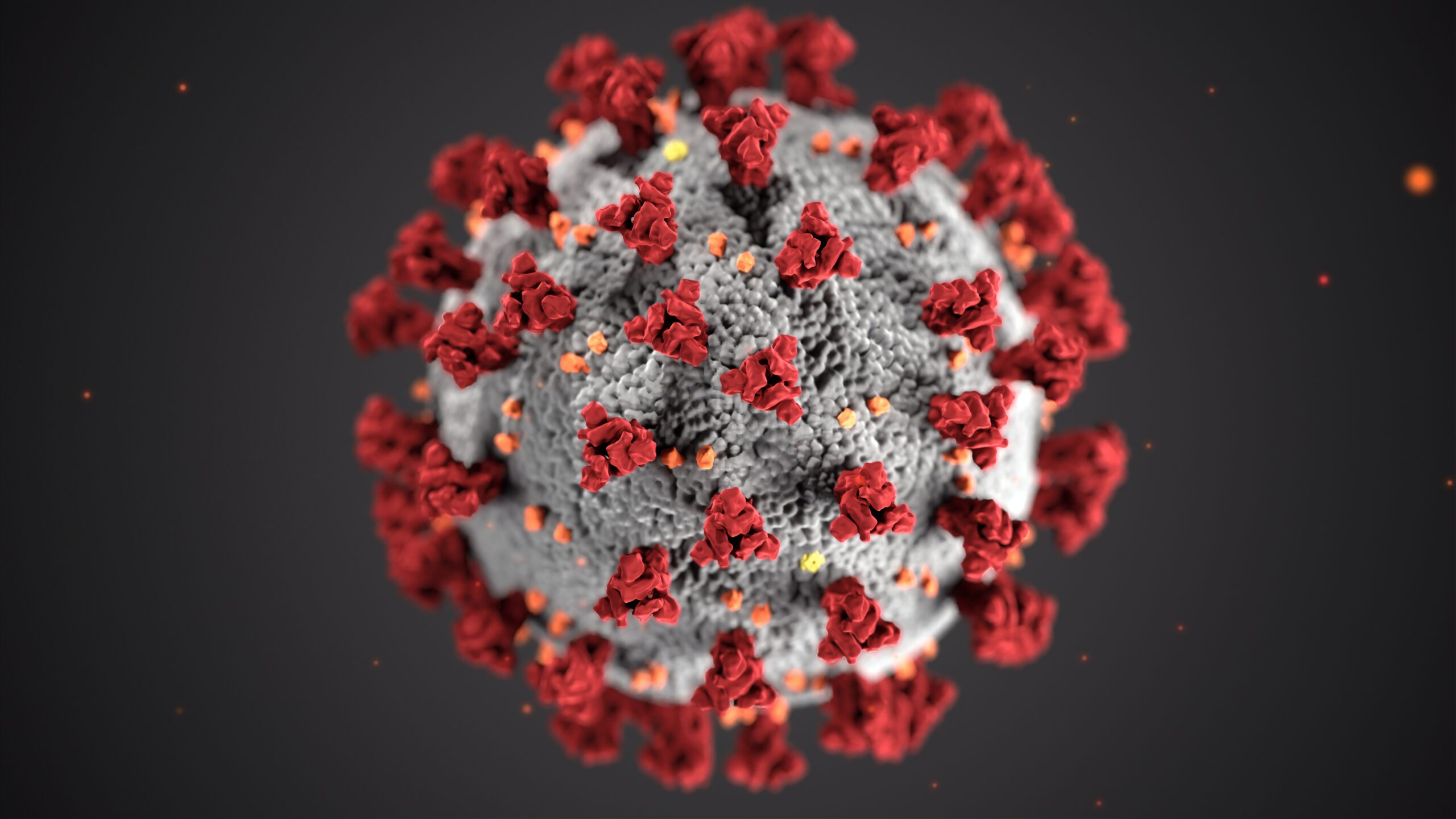Apollo Eye in Children: Understanding the Spread and Prevention

Apollo Eye, also known as conjunctivitis, is a common eye infection that affects children. It is highly contagious and can spread easily among children, especially in close-contact settings such as schools and daycare centres. This article aims to shed light on the contagious nature of conjunctivitis in children, explain how it spreads, and provide practical tips for prevention and hygiene measures.
Understanding the Contagious Nature of Conjunctivitis: Conjunctivitis is primarily caused by viral or bacterial infections 1 . These infections can occur when a child comes into contact with the eye secretions of an infected person, such as through direct contact or sharing contaminated items like towels, toys, or eye makeup 2 . In some cases, allergens or other irritants can also cause conjunctivitis.

How Conjunctivitis Spreads: The contagious nature of conjunctivitis makes it important to understand how it spreads. In children, it can be easily transmitted through close contact, such as playing together, sharing personal items, or touching their eyes with contaminated hands 3 . It is crucial to be aware that conjunctivitis can spread rapidly in classrooms, daycare centers, and other crowded environments 3 . Therefore, it is essential to take preventive measures to minimize the risk of transmission.

- Direct contact: Apollo eye can spread through direct contact with infected eye secretions. This can occur when children touch their infected eye and then touch other surfaces or objects .
- Indirect contact: Sharing personal items such as towels, pillows, eye drops, or eye makeup with an infected individual can also lead to the transmission of Apollo eye .
- Airborne transmission: Exposure to respiratory droplets when an infected person coughs or sneezes can contribute to the spread of Apollo eye.
Prevention and Hygiene Measures: Preventing the spread of Apollo Eye in children involves implementing good hygiene practices. Here are some practical tips to follow:

- Encourage regular handwashing: Teach children to wash their hands frequently, especially before and after touching their eyes or face. Use soap and water for at least 20 seconds, ensuring thorough cleansing 4 .
- Avoid touching the eyes: Instruct children to refrain from touching their eyes unnecessarily, as this can introduce bacteria or viruses into the eyes 4 .
- Promote personal hygiene: Teach children to use their own towels, washcloths, and other personal items, and avoid sharing them with others 4 .
- Eye hygiene: Clean any discharge from around the infected eye several times a day using a clean, wet washcloth or fresh cotton ball. Use a separate washcloth for each eye and dispose of cotton balls after use. Wash hands thoroughly after handling used washcloths or other contaminated items.
- Clean and disinfect frequently touched surfaces: Regularly clean and disinfect surfaces that are frequently touched, such as doorknobs, desks, toys, and electronic devices 4 . Wash pillowcases, sheets, washcloths, and towels frequently in hot water and detergent
- Practice respiratory hygiene: Encourage children to cover their mouth and nose with a tissue or their elbow when coughing or sneezing to prevent the spread of respiratory droplets 4 .
- Avoid sending sick children to school: If your child has symptoms of conjunctivitis, keep them at home until they have received proper medical treatment and are no longer contagious 5 .
Apollo Eye, or conjunctivitis, is highly contagious in children. It can be spread through direct contact with infected individuals or contaminated items. By practising good hygiene habits, such as regular handwashing, avoiding eye touching, and maintaining cleanliness, the risk of conjunctivitis transmission can be minimised. It is crucial for parents, teachers, and carers to educate children about these preventive measures to create a safe and healthy environment for everyone.
(Note: The information provided in this article is based on general knowledge about conjunctivitis in children and should not replace professional medical advice. If you suspect your child has conjunctivitis, it is recommended to consult a healthcare professional for proper diagnosis and treatment.)



